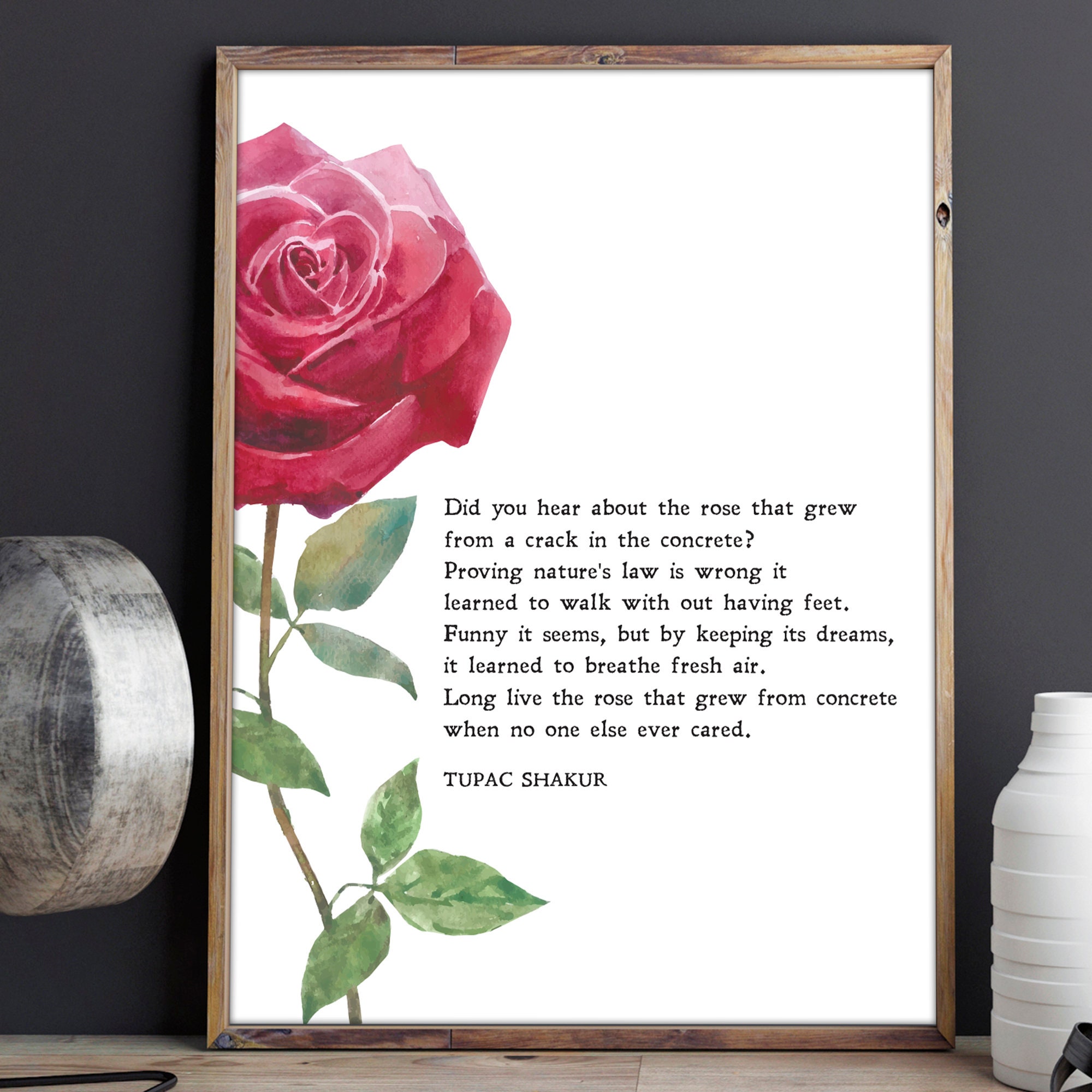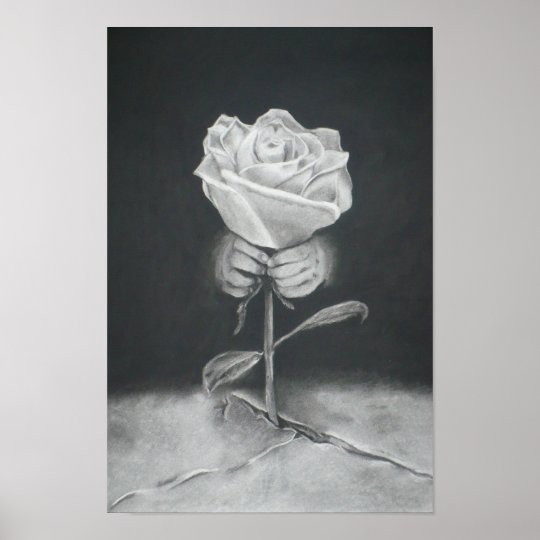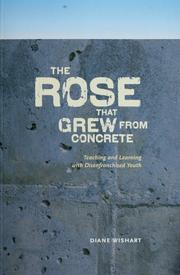
Tupac Amaru Shakur was born on Jin Brooklyn, New York. Although the world knows and remembers Tupac as one of the most compelling rappers to ever live, this poem and others like it in his posthumous collection put Tupac in conversation with a range of artistic greats. Tupac’s life and work fluctuated between sensitivity and positivity and aggression and violence. The poem’s contrast between the rose and the concrete, between beauty and neglect, is vital not only to this poem but to Tupac’s work as a whole. For Tupac, the “dream deferred” has grown into a rose. Forty years later, Tupac appears to have answered the question. In 1951, Hughes wrote the poem “Harlem,” which asked the question, “What happens to a dream deferred?” referencing African American people whose dreams faced oppression. “The Rose That Grew from Concrete” works best perhaps in conversation with the poetry of Langston Hughes, a writer Tupac had read. Eliot, and contemporary poet Maya Williams. He does all of this through straightforward language, yet in a compelling and allegorical way that puts him in conversation with a line of poets such as Walt Whitman, Ezra Pound, Gertrude Stein, T. In “The Rose That Grew from Concrete,” Tupac deftly shapes meter, defines his own rhythm, and presents an image that conveys the deepness of his feeling.

But in “The Rose That Grew from Concrete,” Tupac also honors and celebrates the resilience and perseverance of Black people in America. This poem follows in the tradition of African American writers like Langston Hughes, James Baldwin, and Ralph Ellison, who helped expose the injustices suffered by Black people in America through their literature.

It’s worth noting that Tupac considered himself a revolutionary and an activist, and much of his family including his mother were members of the Black Panther Party. Much like in Tupac’s rap verses, the poet makes use of rhyme, slant rhyme, repetition, assonance, and other poetic techniques that effect the rhythm and musicality of the poem. In this poem and others in the collection, Tupac explores various English and American poetic traditions and techniques but creates a unique style, displaying his mastery over language.

Tupac read and wrote poetry from a young age, so his poetry writing no doubt influenced his music, especially in songs like Thugz Mansions and Dear Mama, where he shows a sensitive side not commonly associated with the “Gangsta Rap” for which he was known and often criticized. Although Tupac was most known as a rapper and an actor, his other interests included poetry writing.


 0 kommentar(er)
0 kommentar(er)
